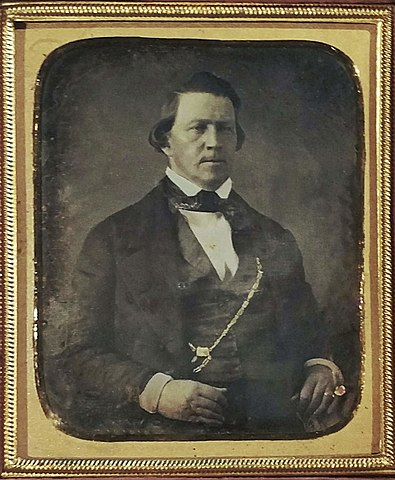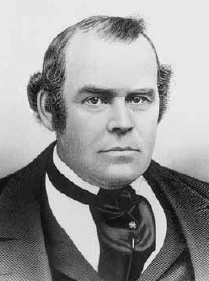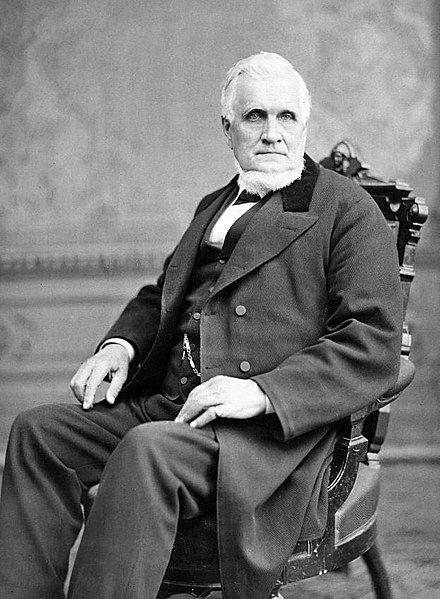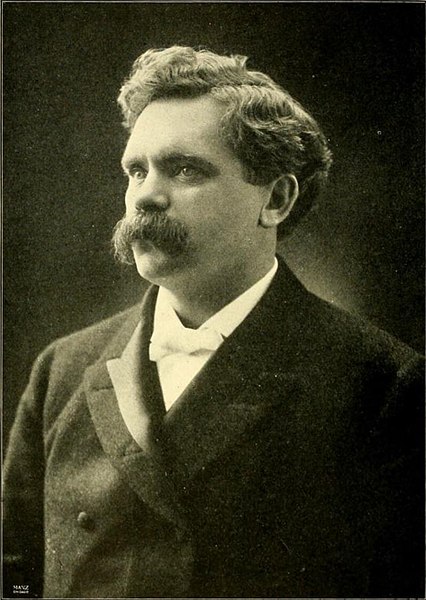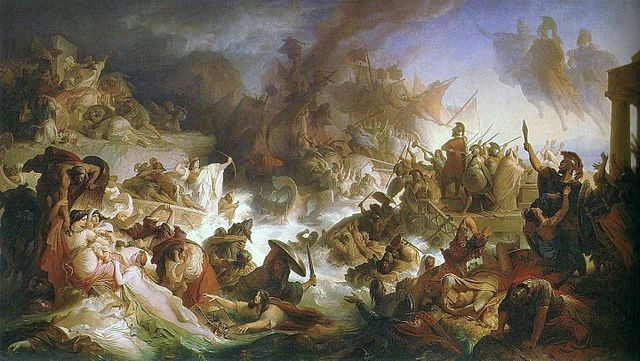Author’s Note: This essay was first published in October, 2020. I have since revised it, adding some additional observations about the Abrahamic Covenant and what it means to “honor our father and mother.” I have, of course, retained the touching story at the end about one man’s (and one nation’s) eternal debt to his mother. I have chosen to republish it today as we commence our annual tribute to the matriarchs in our lives.
When my parents married, my mother was not a member of the church and my father, who hailed from a long line of Latter-day Saints, had been inactive for some time. But each of them had strong religious convictions and desired to find a place to worship where they would feel comfortable.


